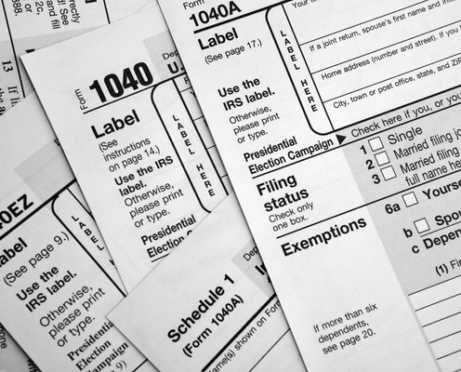
Yes, I have been counting. This weekend completes 20 weeks of living with COVID-19 uncertainty on so many fronts. I count my blessings that I am healthy; busy with multiple work projects; mostly financially unscathed; and continue to work, walk, write, and watch webinars (and television news).
Below are key COVID-related insights from some recent programs that I attended:
- There Are Silver Linings. Some people have spoken positively about “taking a pause” from their previously hectic lives, spending quality time with their family, and savoring a hiatus from their daily commute. They may have even vowed to not return to their previous lifestyle and consider the pandemic to be a life-changing event.
- Cash Is King. The hard reality is that about half of American households do not have three months’ of expenses saved. Nevertheless, many experts are now saying that three to six months’ of expenses is not enough and that six to nine months’ of expenses is a better goal to shoot for. My take: Any savings is better than none; the more money you can save, the larger the buffer you will have.
- Estate Planning Is Salient. With more than 155,000 COVID-related deaths, interest in getting one’s “affairs in order” is growing, especially among essential workers and teachers. A big stumbling block for parents with minor children is choosing who to name as a guardian. If you are at an impasse, reach out to your attorney for guidance instead of delaying the preparation of a will any further.
- Volatility Needs a Hedge. Many financial planners recommend that retirees have enough saved to cover at least two years’ of expenses that wouldn’t be covered by Social Security, a pension, and/or an annuity in liquid (cash) assets (e.g., a money market fund) to avoid withdrawal from stocks during market downturns. Shop around to get the highest return on savings possible (e.g., online banks).
- Auto Insurance Is Negotiable. Experts suggest calling your insurance company and negotiating a lower rate if you are no longer using your car to commute or if you are having trouble paying premiums. You may also want to increase policy deductibles or shop around for a new policy. Whatever you do, do not let your insurance policy lapse.
- Certainty Is Not Possible. Experts recommend challenging your need for certainty. With many aspects of COVID-19, there are no definitive answers, and irrational fears can lead to illogical thinking. Identify your “uncertainty triggers” (e.g., social media, anxious friends and family, lack of sleep), learn to embrace ambiguity, and focus on the present.
- Budgets Increase Financial Control. In times of reduced or volatile income, a budget can be a financial lifesaver. Aim for a “zero-based budget” where income minus expenses equals zero. A budget is not a “one and done” static event. Rather, it is a living and fluid document that needs to change as the circumstances in our lives change.
One last thing: Print copies of my new book, Flipping a Switch, will drop on Monday, August 3. E-books for Kindles are available right now. For further information about the content of my book and how to order it, visit the web page for Flipping a Switch on Amazon.




